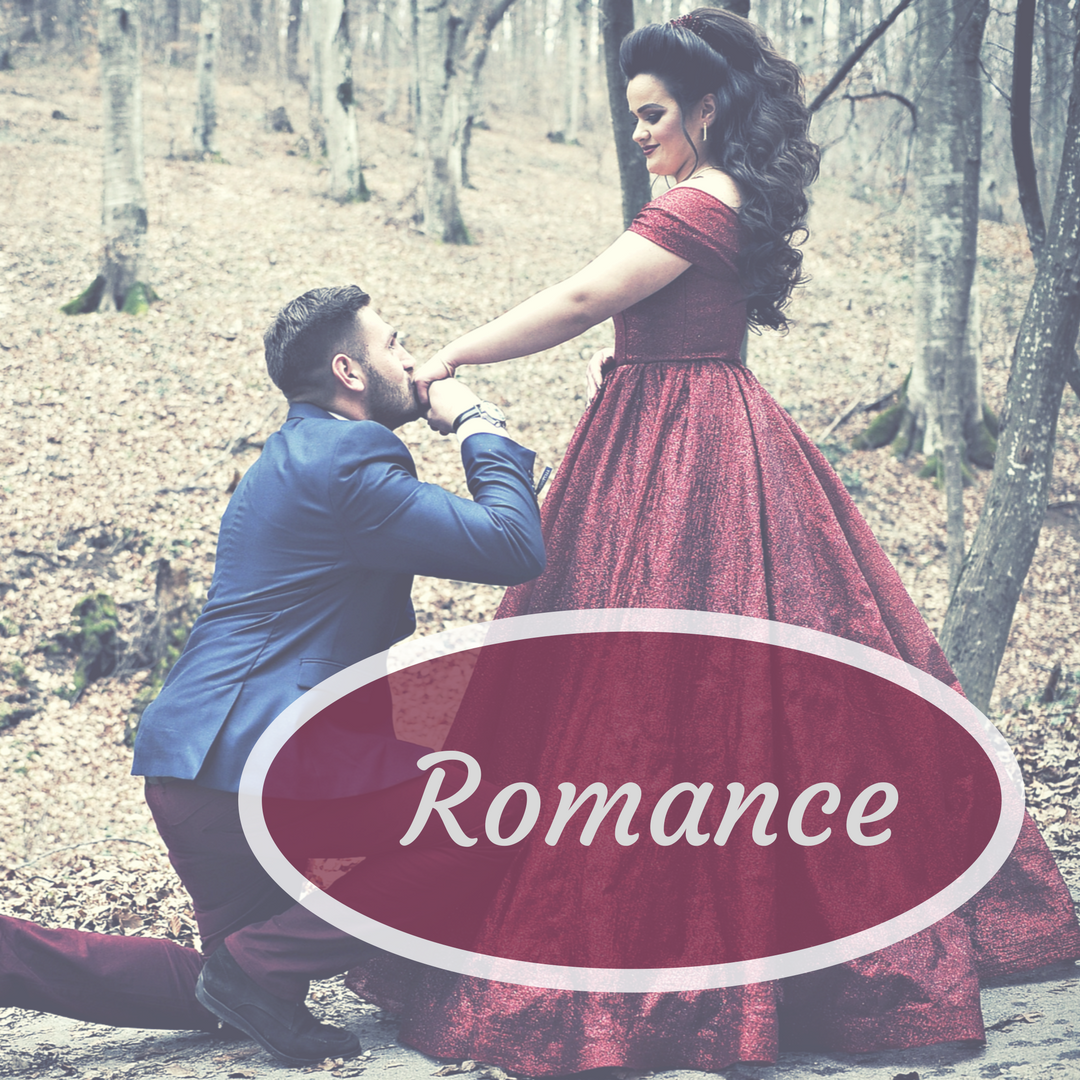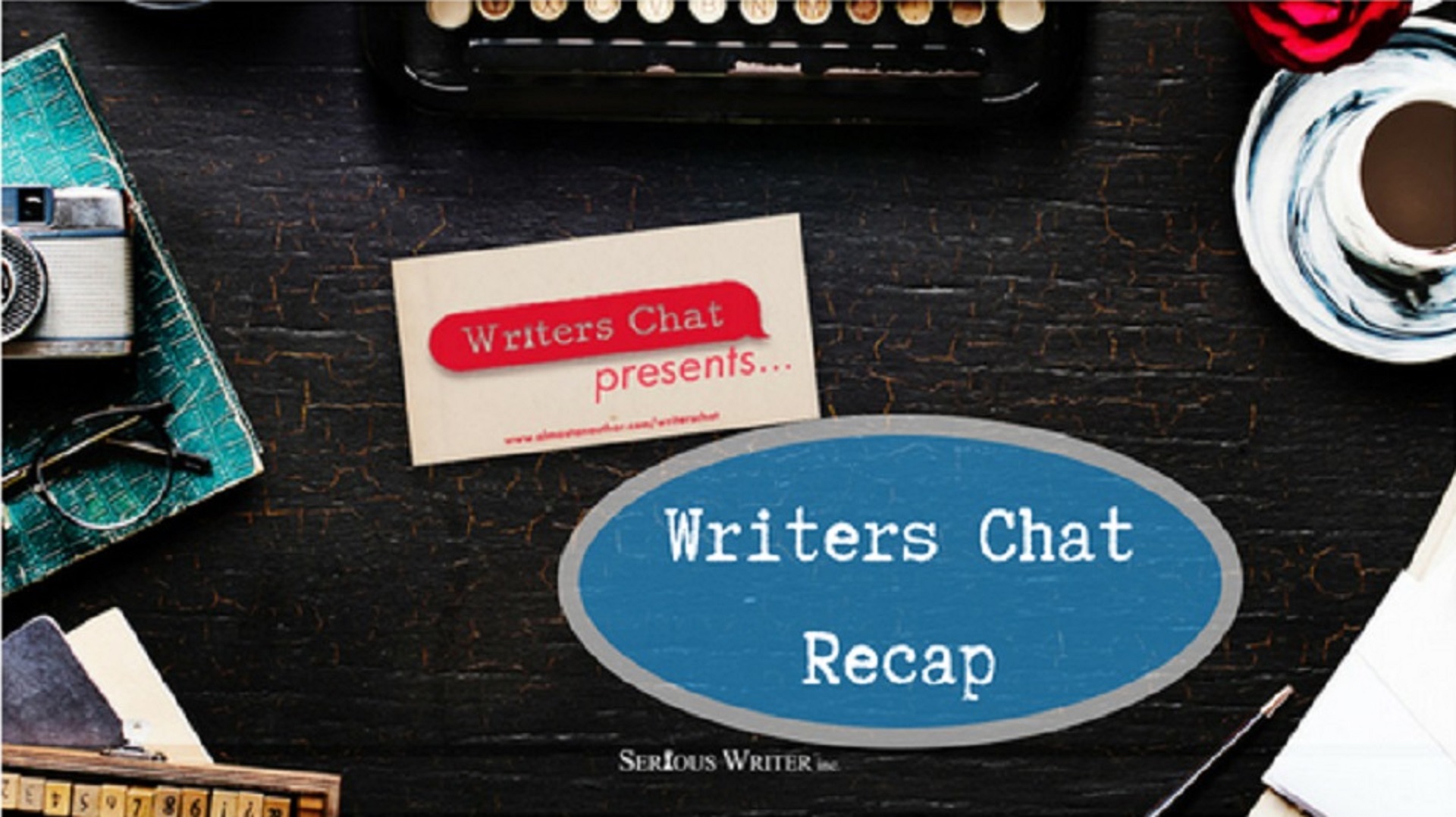
Romancing Your Story
Emotional Logic, Or How to Keep Readers From Throwing Your Book Against the Wall
The basis of every good story is conflict. As writing teacher extraordinaire James Scott Bell often says, “Happy people…
February 23, 2021


